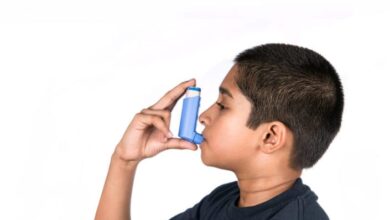
In early December 2019, the novel coronavirus was first identified in Wuhan China. Since then, it has taken the shape of a global pandemic with around 132 million cases reported all over.
As the cases of COVID 19 grow exponentially more so in this second wave, strategies to decompress the volume of less sicker patients are being used in the emergency and OPD by screening them.
‘Screening’ for COVID 19 is a series of questions asked to determine if a person has the symptoms of the infection including symptoms like fever, dry cough, diarrhoea, breathlessness, loss of smell and taste etc), travel history in the recent few weeks, history of exposure with an infected person (COVID 19)
‘Testing’ involves collecting a specimen i.e. nasal and throat swab or blood which is then tested to establish the diagnosis of COVID 19. Ideally everyone should be tested for COVID 19 but the paucity of test kits limit us to testing those who are symptomatic, have been exposed to an infected person or those who are at risk (above 60 years age, have comorbidities).
For example, in a family where multiple members have the same symptoms, the sickest member is tested assuming that the rest of the family has the same infection. There are 2 primary types of diagnostic tests. Antigen tests (molecular or RNA tests) to test the presence of the actual virus in the specimen and antibody tests that detect the antibodies produced by the body against the virus.
Studies have shown that 85% COVID affected individuals are mild, 10%are severe and 5% are critical. A good number of Hospitalised patients and some home isolated patients may have post COVID respiratory (majority) or extra pulmonary (cardiac, neurological, gastrointestinal or psychological) issues. Given the heterogenous presentation of COVID 19, screening is required to monitor the course of symptoms and the impact of these symptoms on their functional status. In view of the massive number of COVID 19 survivors that require follow up, several scores (for eg Post COVID 19 functional status scale) have been proposed to identify the slow and incomplete recoveries.
Whilst being quite overwhelmed by the deluge of issues the post COVID survivors are experiencing, we are now back to square one having to ride a bigger second wave of the COVID 19 pandemic. We must be ready.
– Dr Sivaresmi Unnithan, Consultant, Pulmonology at Fortis Hospital, Anandapur




